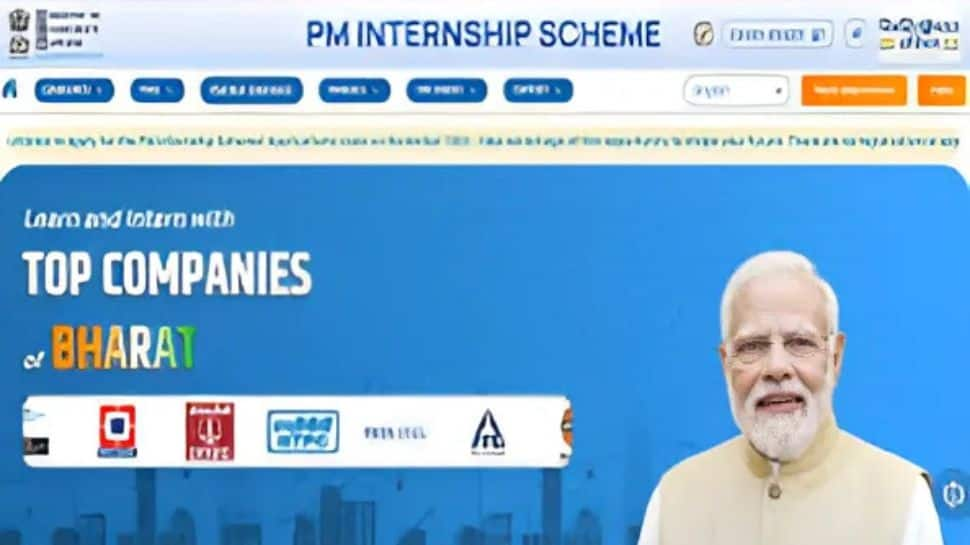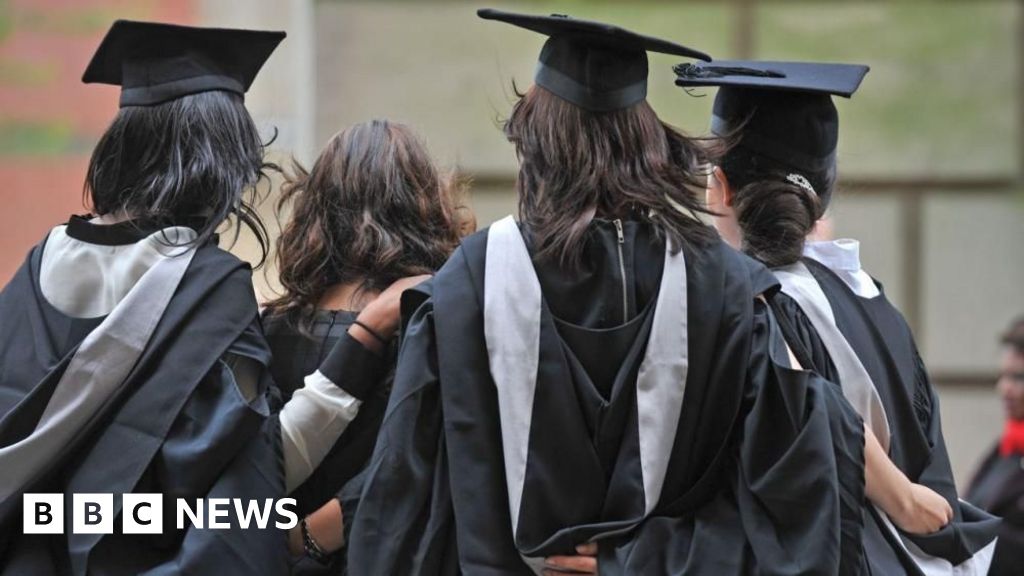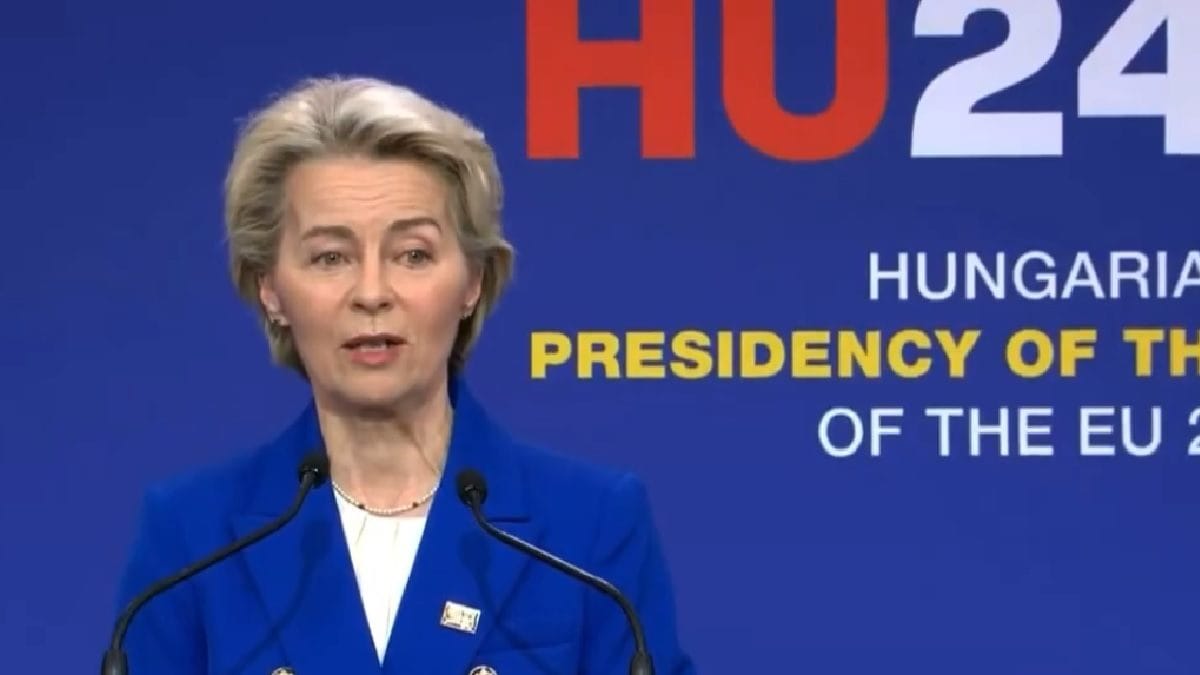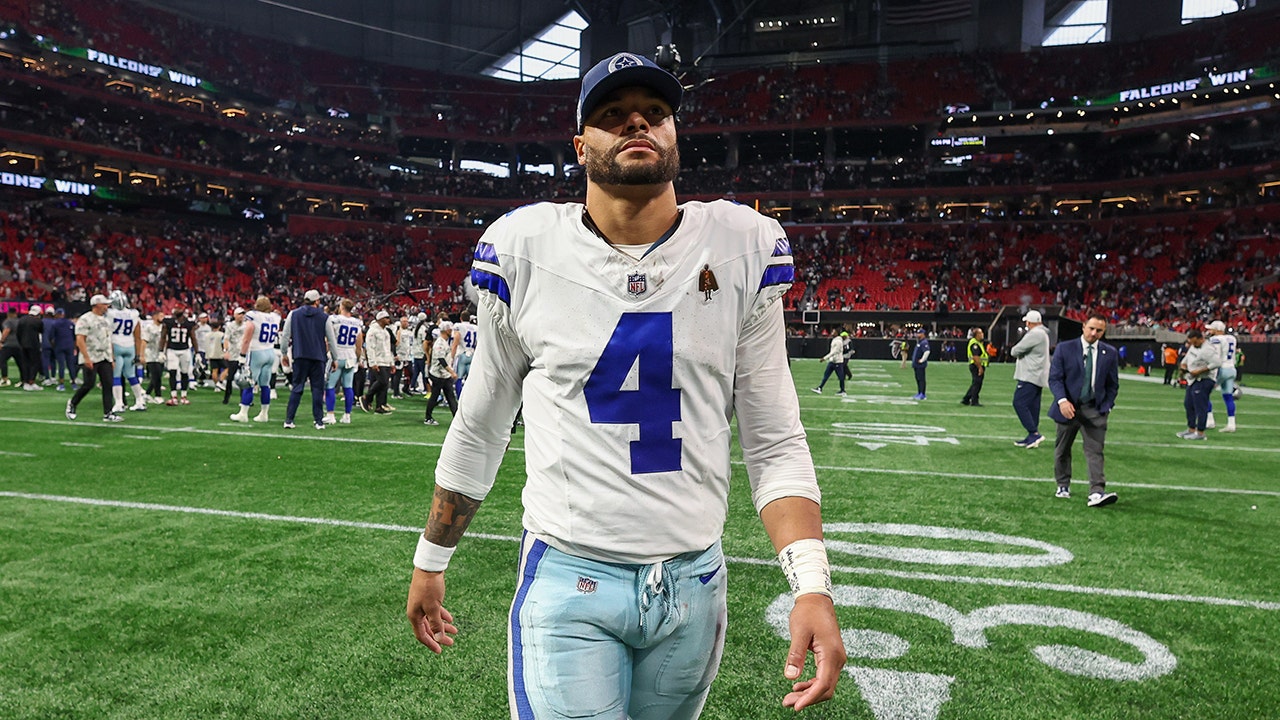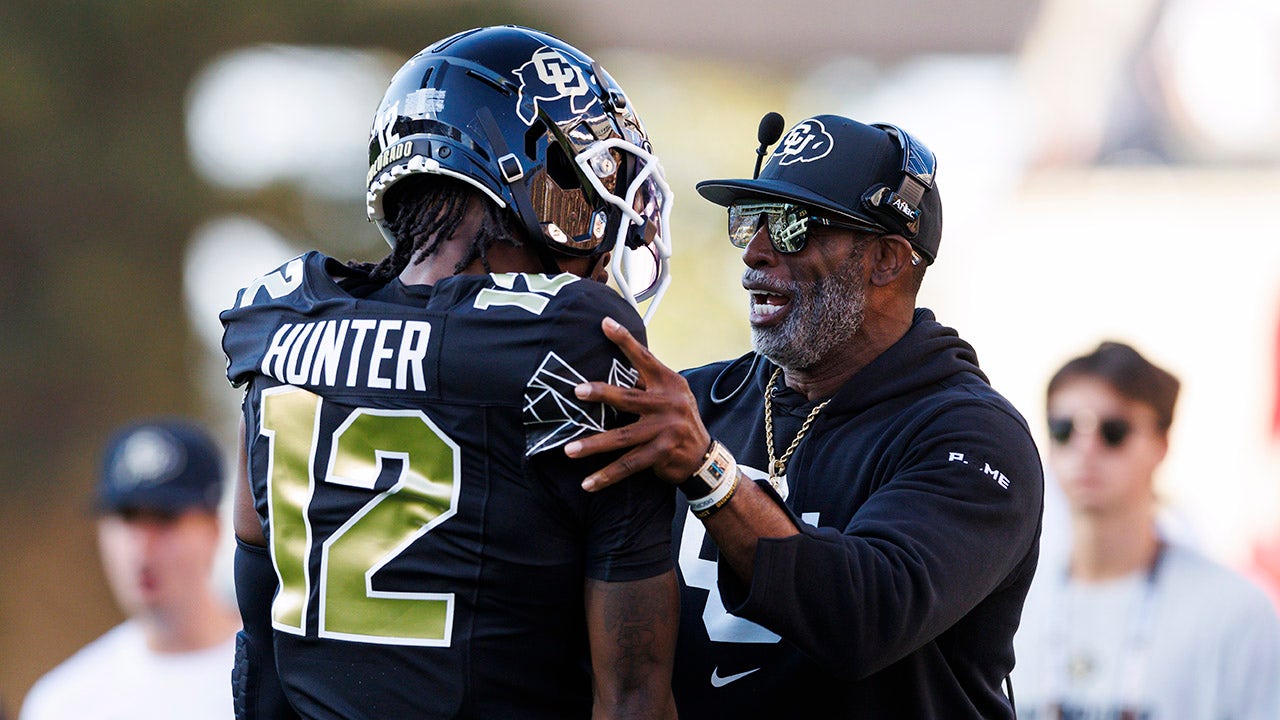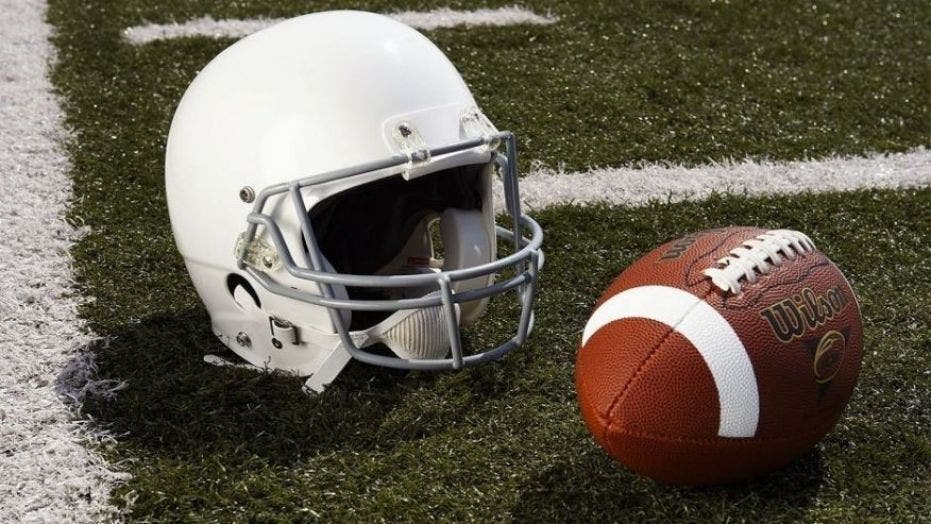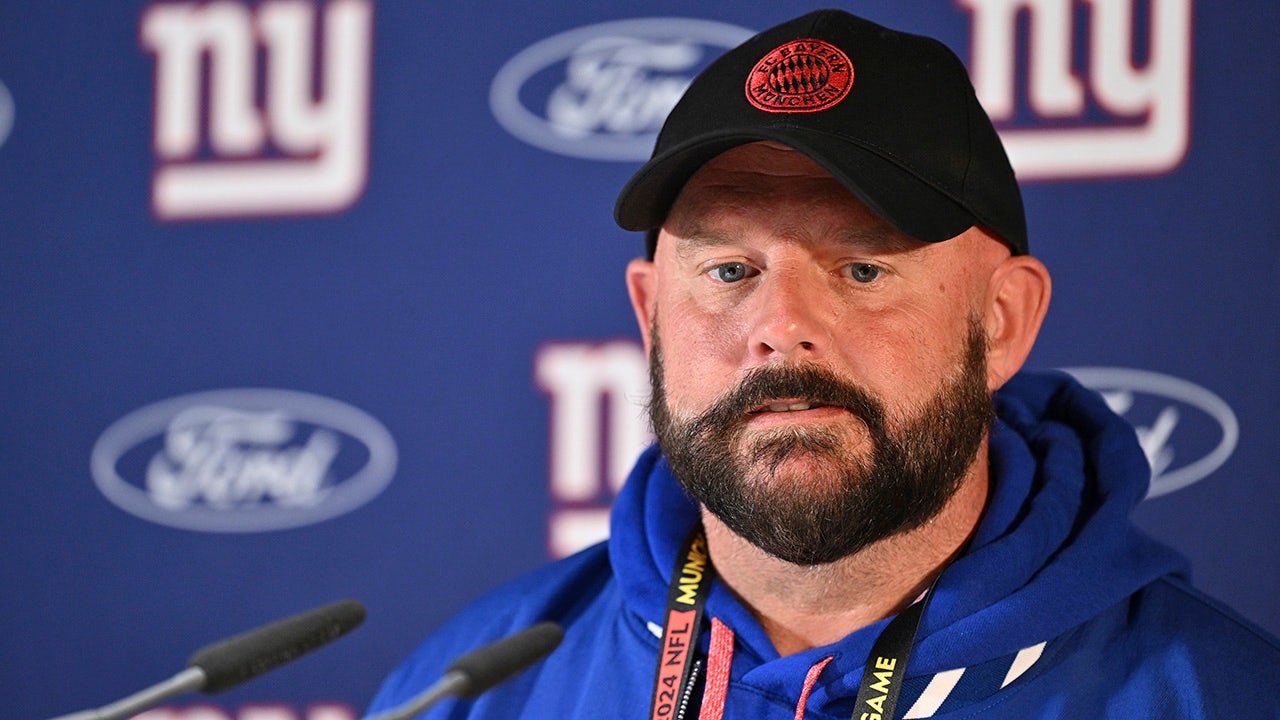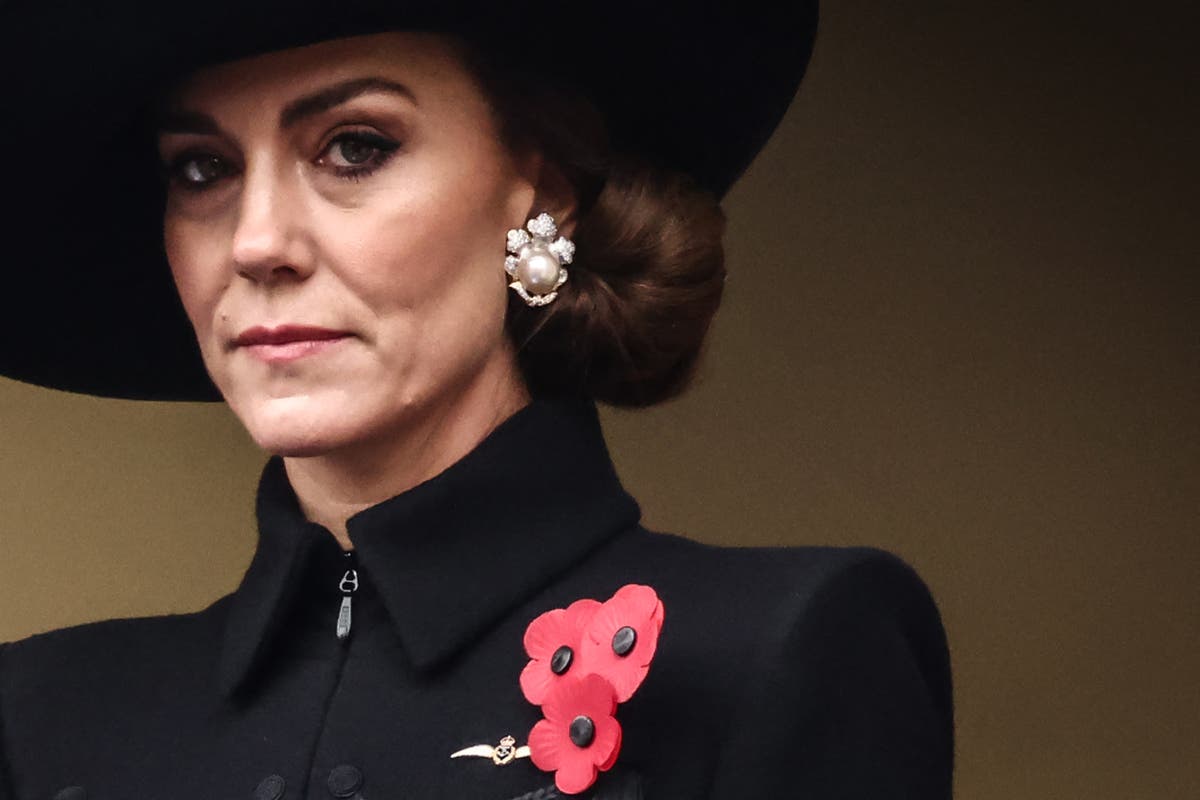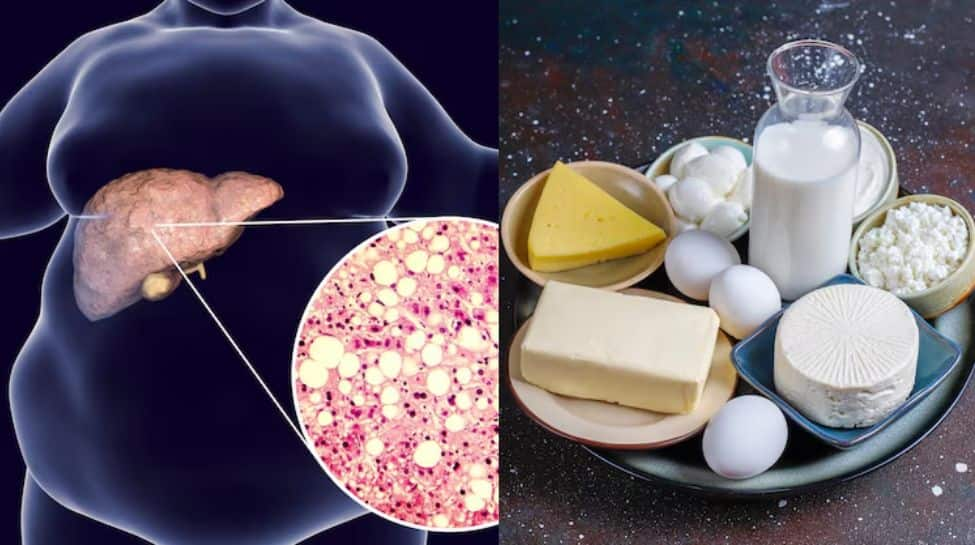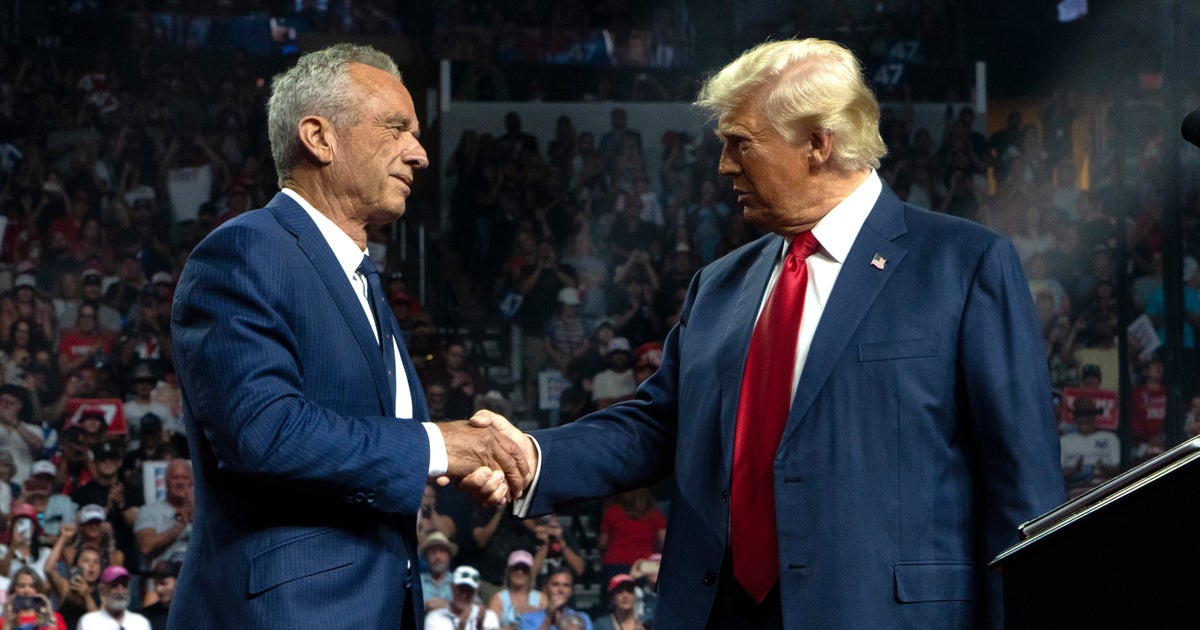Safe to say that the book launch didn’t turn out as Harry and his publisher had so meticulously planned. Early copies, printed in Spanish, were available last week and so there’s been days of giddy revelations in the very tabloids that the Duke of Sussex so loathes.
Harry lost his virginity in a field. Harry shot 25 Taliban. Harry and his older brother the heir, Prince William, bickered — a lot. Plus William looks older and is more bald and their wives fought over lip gloss and “baby brains” and bridesmaid dresses.
So, what now, what’s next?
In the book, in the stream of interviews he has given, to “60 Minutes,” to ITV in London and “Good Morning America,” it is hard to know what exactly Harry and his wife, Meghan, the Duchess of Sussex, want.
“I don’t think my father or brother will read the book,” Harry said on ITV in Britain on Sunday, after writing in the prologue that he was writing the book so they would understand him, and why he and Meghan had to flee, to leave his “mother country” for California “in fear for our sanity and physical safety.”
Nor, Harry assumes, will his family watch his many interviews promoting the memoir, nor watch the six hours of documentary that Harry and Meghan themselves produced about themselves for Netflix, titled “Harry & Meghan.”
In any case, the book is going to sell. It’s already at the top of the bestseller lists. It’s a smash. It’s Michelle Obama big. And there likely will be more books by Harry and Meghan, who have traded jobs, from working “senior royals” to former senior royals, who are retaining their titles, while talking about the family that won’t talk about them.
More importantly, however, what about the reconciliation, peace, or reckoning that Harry speaks so much about? Is that a possibility?
Not likely, say the royal correspondents, who Harry also loathes — and mocks.
It is true that the couple have succeeded in one of their goals, taking back some control of their own narrative. No members of the royal family have ever gone where Harry and Meghan have, in detailing family dysfunction, and naming names.
Harry appears to really have it in for his stepmother, Camilla, the Queen Consort and wife and longtime lover of his father, now the new King Charles III. She, in Harry’s take, is a schemer who played “the long game. A campaign aimed at marriage, and eventually the crown.”
While many Britons have turned sour on the prince and his American wife, many too have related to their story, especially the shifting charges that the royal family and the British tabloids are either racist or suffer from “unconscious bias.”
A few minutes after midnight on Tuesday, Sarah Nakana, 46 a surveyor who works in property and lives in south London, was one of the first in the country to buy a copy of “Spare,” from a bookshop in a near-empty Victoria Station.
“I’m excited to hear about Prince Harry’s life from Prince Harry,” said Nakana, clutching a hardback copy of the 417-page book.
“I want to get ahead of the U.K. press … there will be a frenzy of anti-Harry and Meghanness in the morning, because hate sells … and it’s important for me to hear his story in his words,” she said.
As if on cue, this first book-buyer was surrounded by a throng of about 30 photographers and journalists. “It’s a bit ridiculous,” Nakana said of the scrum, “but I understand the interest in the book because he’s the first prince of our generation to put his life in writing.”
In his interviews, Harry confesses he has both lost his father and brother, but that he longs for — nay, demands — their attention. He wants reconciliation and accounting, but on his terms.
Buckingham Palace and Kensington Palace have continued to decline to comment on any of this — as is their way.
“He’s an angry young man,” said Dickie Arbiter, a former spokesman for Queen Elizabeth II. “He is making these accusations and these allegations and not backing them up with any further information about them. He’s just saying, this is what they’ve done and he’s saying it knowing full well that they’re not going to respond.”
Arbiter said imagine if, for example, William did respond publicly. “If William would come out and deny that he had pushed Harry at Nottingham Cottage, there would then be a question from a reporter. Okay, well, what did happen? I mean, that is perpetuating the story, isn’t it?”
It would descend, Arbiter said to “He says, he says, she says, she says.”
In the book, Harry says Charles implored the two brothers to stop their ceaseless arguing, saying after the funeral of his father Prince Philip in 2021: “Please, boys. Don’t make my final years a misery.”
It is sad line in the book filled with sadness.
Valentine Low, author of “Courtiers: Intrigue, Ambition and the Power Players Behind the House of Windsor,” said that while Harry had made an “astonishing” array of revelations and allegations, it was difficult to say how much damage there had been to the House of Windsor.
He said that after the death of Harry’s mother, Princess Diana, in a car crash in a Paris tunnel in 1997 “the standing of the royal family was at a low ebb” but even then, “they somehow got through it all.”
The monarchy, he said, “has an astonishing capacity to survive.”
He said that there were claims that “don’t reflect well” on William, in particular, but “I kind of feel that the royal family does seem to have sufficient goodwill extended toward it and manages to get through these crisis.”
Things that seem shocking when first published feel less so a few days later and many commentators have said, well, families fight.
Except the circumstances of their births are extraordinary — and that is the way it works with hereditary monarchy. William is heir. Harry is spare. And more spare by the day with each child that William and Catherine, Princess of Wales, have.
“William doesn’t come across terribly well, seems he has a temper. Was he a bit overbearing to his brother? Possibly, but we just have Harry’s word for it,” Low said. “But on the other hand, they are brothers, and these are the kind of fights brother have? Harry is also complaining about everything and everyone and people are starting to discount that.”
A YouGov poll published Monday, a day before the book launch, found that only 26 percent of people had a positive opinion of Harry, down from 49 percent in December — a record low for him. William’s popularity ratings have also taken a hit, with 69 percent saying they had a positive view of him, down from 77 percent last month.
Some authorities on the monarchy say that Harry’s book will undermine the institution, weaken it at home, and abroad, undercut the “soft power” the House of Windsor exerts, both in America and the Commonwealth countries.
Anna Whitelock, a professor of history of modern monarchy at City, University of London, said that Harry’s claims were “uncomfortable for the royal family.”
But “beyond bad PR and the sense that the British royal family drama is something akin to a box set thriller, the damage to the institution of monarchy per se is harder to assess at this stage.”
Whitlock added, “certainly, in raising the issues of the toxic relationship between the press and palace, the briefing of rival households, the treatment of ‘spares’ and the inherent misogyny and unconscious bias within the institution, Harry challenges the monarchy to reflect and reform. But whether it does, and whether the public demand it or not, remains to be seen.”
She said the Edward VIII, who abdicated in 1936 so he could marry the American divorcée Wallis Simpson, also wrote a memoir that, like Harry, “sought to modernize the institution.”
And while there has been a degree of change in the monarchy, it has come incredibly slowly.






